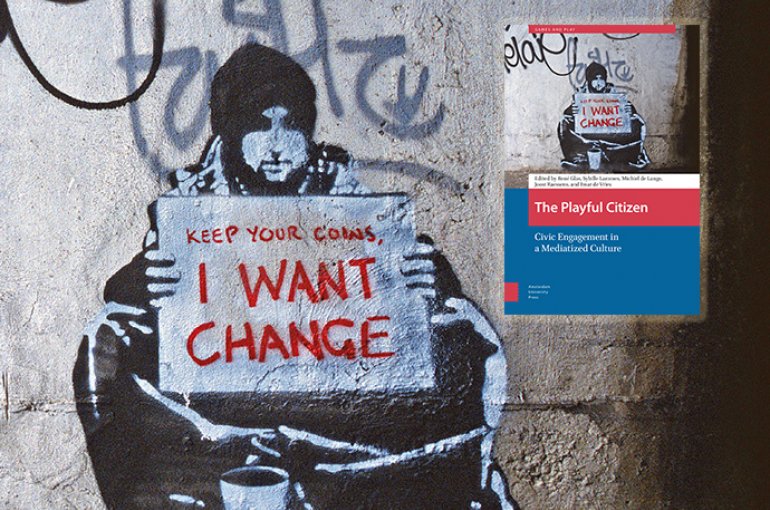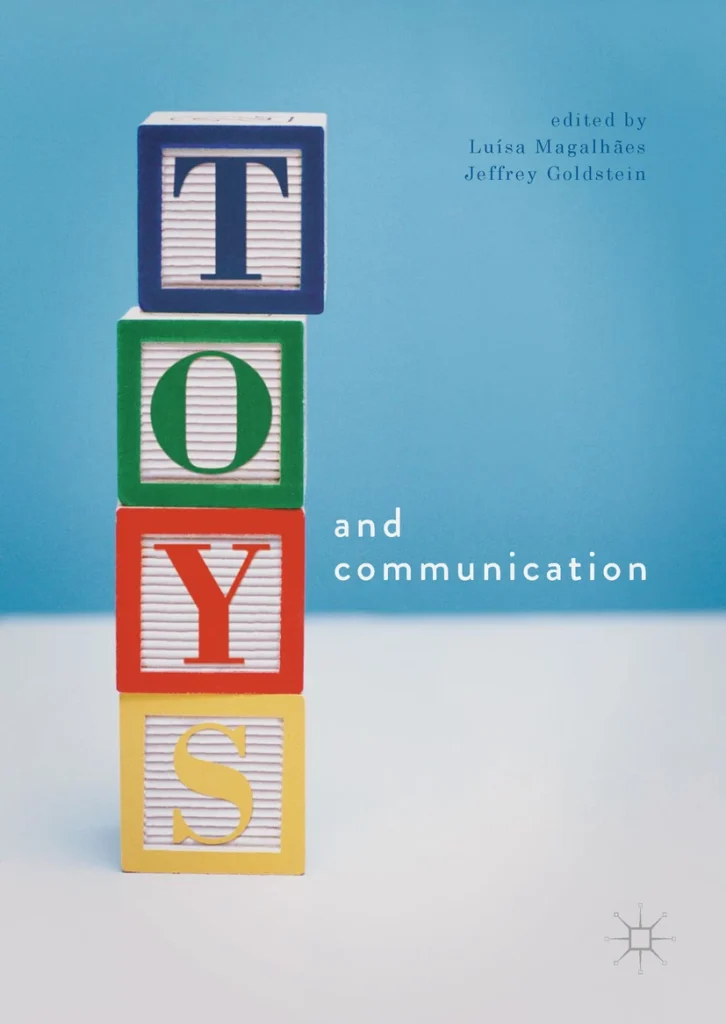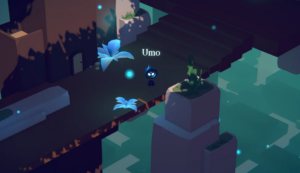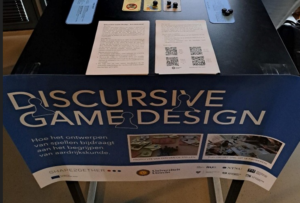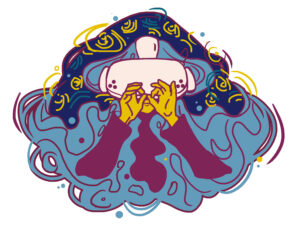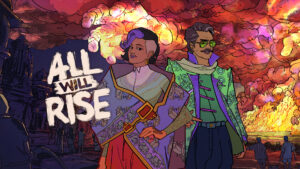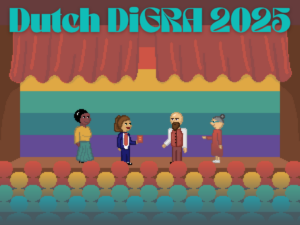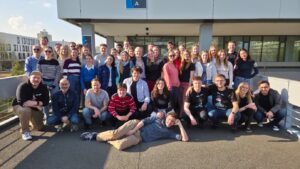Making data playable: A game co-creation method to promote creative data literacy
This article explores how making data playable, i.e. developing exploratory co-creation techniques that use elements of play and games to interpret small to mid-sized datasets beyond the current focus on visual evidence, can help a) promote creative data literacy in higher education, and b) expand existing definitions of data literacy.


